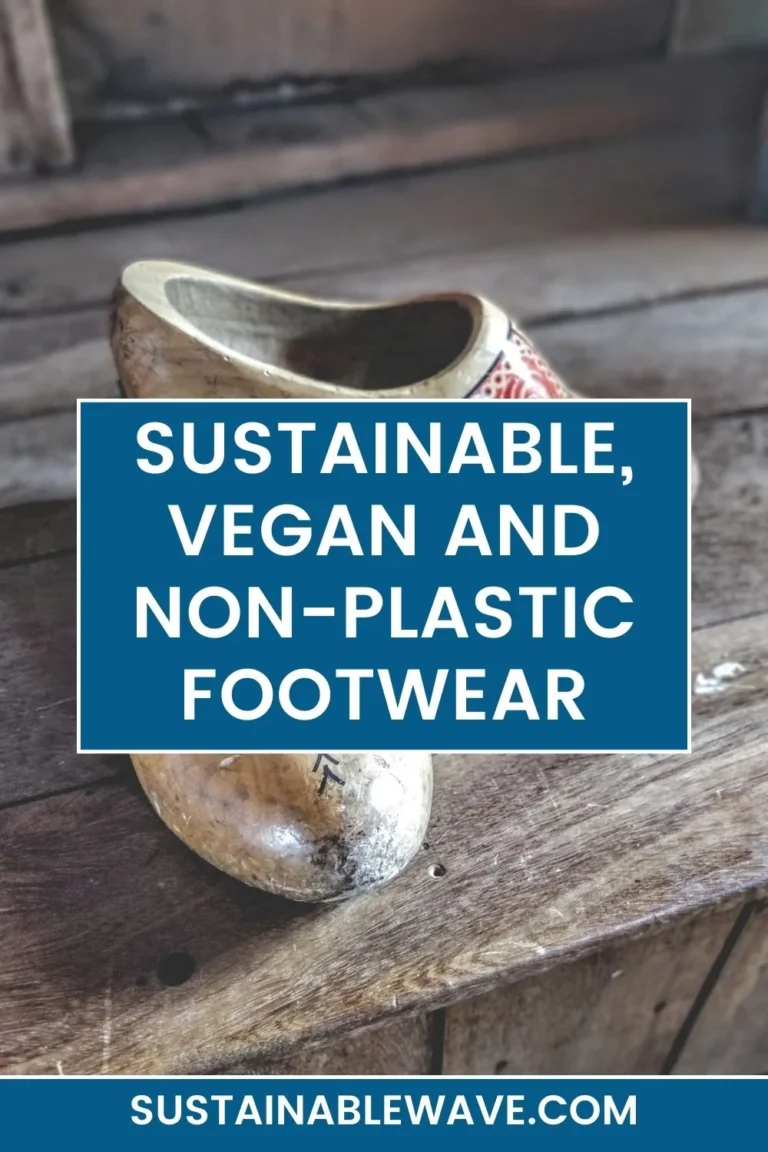In today’s rapidly changing world, the importance of sustainable actions cannot be overstated. As we face environmental crises, adopting practices that ensure a better future for ourselves and the generations to come is crucial.
You can adopt sustainable actions by reducing single-use plastics, embracing a plant-based diet, conserving water, supporting eco-friendly brands, recycling, and transitioning to renewable energy sources. Every small step contributes to a greener future.
Let’s dig deeper into the topic of some sustainable actions you can do now that will massively benefit you and the world around you.
Sustainable Actions You Can Start Today

Reducing Single-Use Plastics
Plastic pollution is a significant concern. By opting for reusable bags, bottles, and containers, you can drastically reduce your plastic footprint.
- Benefits of reducing plastics:
- Less environmental pollution
- Reduced harm to marine life
- Decreased reliance on non-renewable resources
- Challenges of going plastic-free:
- Initial investment in reusable products
- Inconvenience in situations where disposables are the norm
- Limited availability of plastic-free alternatives in some areas
Adopting a Plant-Based Diet
Animal agriculture is a leading cause of deforestation, water consumption, and greenhouse gas emissions. By reducing meat consumption or transitioning to a plant-based diet, you can make a positive impact on the environment.
- Benefits of a plant-based diet:
- Lower carbon footprint
- Health benefits including reduced risk of certain diseases
- Ethical peace of mind by not contributing to animal suffering
- Challenges of maintaining a plant-based diet:
- Limited food choices in certain regions or restaurants
- Potential need for dietary supplements
- Social challenges and misconceptions about plant-based diets
Conserving Water and Energy
Simple actions like turning off the tap while brushing or using energy-efficient appliances can save gallons of water and reduce your energy bills.
- Benefits of water and energy conservation:
- Reduced utility bills
- Preservation of natural resources
- Decreased environmental impact
- Challenges in conserving water and energy:
- Initial costs of energy-efficient appliances
- Habitual changes required in daily routines
- Potential inconvenience in certain situations
Supporting Sustainable Brands
Vote with your wallet! Support companies that prioritize sustainability in their products and operations.
- Benefits of supporting eco-friendly brands:
- Encouraging corporate responsibility
- Higher quality and longer-lasting products
- Reduced environmental and social exploitation
- Challenges of finding and supporting sustainable brands:
- Potentially higher costs
- Limited availability in certain regions
- Difficulty in verifying a company’s sustainability claims
Reducing Waste and Recycling
Before tossing something, think if it can be reused, repurposed, or recycled. Composting organic waste is another excellent way to reduce landfill waste.
- Benefits of waste reduction and recycling:
- Conservation of resources and energy
- Reduced environmental pollution
- Economic benefits from selling recyclables
- Challenges in waste management and recycling:
- Limited recycling facilities in some areas
- Confusion over what can be recycled
- Initial effort required to segregate and manage waste
Using Public Transportation and Carpooling
Opt for public transport, carpooling, or cycling. If possible, consider working from home to reduce your carbon footprint.
- Benefits of sustainable commuting:
- Reduced carbon emissions
- Cost savings on fuel and vehicle maintenance
- Reduced traffic congestion
- Challenges of relying on public transportation and carpooling:
- Inconsistent or unreliable public transport schedules
- Limited personal freedom and flexibility
- Potential safety concerns in certain areas
Growing Your Own Food
Having a home garden can significantly reduce the carbon footprint associated with transporting food items. Plus, you get fresh, organic produce right at your doorstep.
- Benefits of home gardening:
- Fresh and organic produce
- Reduced carbon footprint
- Therapeutic benefits of gardening
- Challenges of maintaining a home garden:
- Requires time and effort
- Potential pest problems
- Seasonal limitations on what can be grown
Switching to Renewable Energy Sources
Transitioning from fossil fuels to renewable energy sources like solar, wind, or hydroelectric power can significantly reduce carbon emissions.
- Benefits of using renewable energy:
- Decreased greenhouse gas emissions
- Reduced dependence on finite fossil fuels
- Potential cost savings in the long run
- Challenges of adopting renewable energy:
- High initial installation costs
- Variability in energy production (e.g., sunny days for solar, windy days for wind turbines)
- Space requirements for installations like solar panels
Reducing Fast Fashion Consumption
Opting for quality over quantity and supporting sustainable fashion brands can reduce the environmental impact of your wardrobe.
- Benefits of sustainable fashion choices:
- Longer-lasting clothing items
- Reduced exploitation in the fashion industry
- Decreased environmental degradation from fast fashion production
- Challenges of sustainable fashion:
- Potentially higher costs for sustainable brands
- Limited style options in some sustainable lines
- Difficulty in verifying a brand’s sustainability claims
Implementing Zero-Waste Practices
Aiming to produce minimal waste by reusing, recycling, and composting can drastically reduce the amount of trash sent to landfills.
- Benefits of zero-waste practices:
- Conservation of resources
- Reduced environmental pollution
- Economic savings from reduced consumption
- Challenges in maintaining a zero-waste lifestyle:
- Requires a significant shift in consumption habits
- Limited availability of bulk or unpackaged products in some areas
- Time and effort needed to manage waste effectively
Participating in Reforestation and Afforestation Efforts
Planting trees or supporting organizations that do can help combat deforestation and its associated environmental impacts.
- Benefits of reforestation and afforestation:
- Carbon sequestration to combat climate change
- Restoration of natural habitats for wildlife
- Improved air and water quality
- Challenges of tree-planting efforts:
- Requires time, effort, and resources
- Potential threats from pests or diseases
- Ensuring the right tree species are planted for the specific region
Using Eco-Friendly Cleaning Products
Switching to green cleaning products can reduce the number of harmful chemicals released into the environment.
- Benefits of eco-friendly cleaning products:
- Reduced exposure to toxic chemicals
- Less environmental pollution from chemical runoff
- Often made with natural, renewable resources
- Challenges of using green cleaning products:
- Potentially higher costs compared to conventional products
- May require more effort for the same cleaning results
- Limited availability in some regions or stores

I’m Thomas, the owner of SustainableWave. Passionately promoting a sustainable planet. With experience in various eco-roles, I’ll share green tips, sustainability hacks, and personal eco-journeys on my blog.






